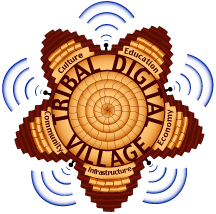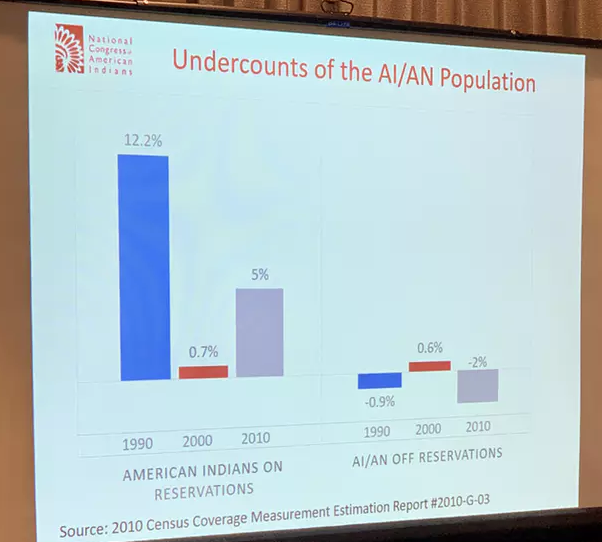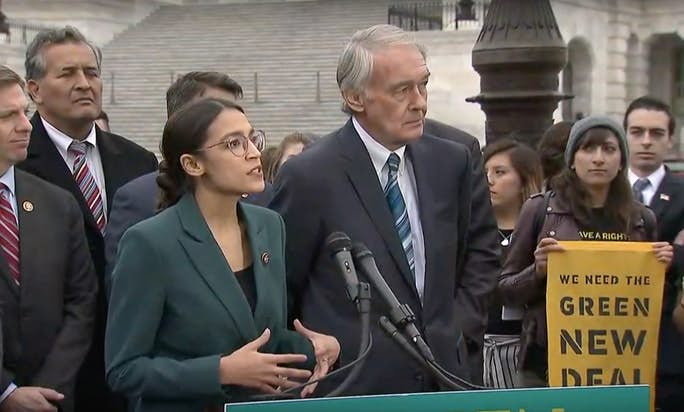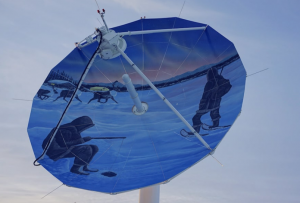FCC’s vote on net neutrality impacts Indian Country
What is net neutrality and why should you care?
How will it impact Indian Country?
WASHINGTON – Net neutrality is the concept that Internet service providers (ISPs) must treat all data on the internet the same. Net neutrality rules were adopted in 2015 which set standards for ISPs ensuring they can’t discriminate or charge differently based on the user, content, website, platform, and application or communication method. In plain English, it means that ISPs have to be fair. Under the net neutrality principles, ISPs can’t intentionally block, slow down or charge money for specific websites.New FCC Chairman, Ajit Pai, proposed an order to change the way ISPs are classified and how they operate. The FCC’s proposal could — and likely will — drastically affect the internet as you know it. The proposal, titled “Restoring Internet Freedom” says it would “return to the bipartisan consensus on light touch regulation, ending utility-style regulation of the Internet. This will promote future innovation and investment. And more investment in digital infrastructure will create jobs, increase competition, and lead to better, faster, cheaper Internet access for all Americans, especially those in rural and low-income areas.” Many people have voiced concerns that Chairman Pai’s proposal would end net neutrality as we know it, thereby effectively ending the internet as we know it. FCC Commissioner Mignon Clyburn, who is a vocal opponent of the proposal, issued a Fact Sheet called ‘Understanding Chairman Pai’s Proposal to Dismantle Net Neutrality’ which states that the proposal “eliminates all prohibitions against blocking and throttling (slowing down) applications by broadband providers, and enables them to engage in paid prioritization and unreasonable discrimination at the point of interconnection. It ignores thousands of consumer complaints and millions of individual comments that ask the FCC to save net neutrality and uphold the principles that all traffic should be created equal.”
According to Commissioner Clyburn, the proposal, “Increases uncertainty for consumers, ensuring that broadband providers could block or throttle at a whim; Threatens innovation at the edge, by allowing broadband providers to charge tolls to access their customers; Enables offerings that favor the vertically integrated broadband provider’s own content and services over those of consumers and innovators who rely on the Internet to grow their own businesses and stay informed; Prevents states and localities from adopting any related consumer protections – an action that is likely unlawful; Undoes the light-touch, court-approved Title II classification of broadband Internet access service that was modeled on the wildly-successful approach to mobile voice, and returns to an unregulated approach where broadband providers reign supreme and customers with complaints have no redress at the FCC; and empowers a federal agency that has never enforced net neutrality protections (the FTC) to manage consumer complaints and ensures that there is no FCC recourse for wronged consumers or businesses.” You can find Chairman Pai’s proposal on the FCC website as well as Commissioner Clyburn’s Fact Sheet.Chairman Pai is touting the proposal as an opportunity for consumers as well as providers, but many people believe consumers in low-income areas and areas with little or no infrastructure, such as Indian reservations, will suffer the most.





Comments are closed here.